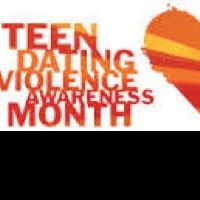
Teen Dating and Violence
By Health Ministry Monthly Presentation | February 18, 2018
Teen Dating and Violence
- What is Teen Dating Violence
- What are the consequences of Teen Dating and Violence
- Why does Teen Dating and Violence happen
What is Teen Dating Violence? It is defined as the Physical, intimate, psychological, or emotional violence in a dating relationship, current or past including stalking. This maybe in person or via electronic device (examples: trolling on social media, phone calls, texting). Many teens do not report these actions because they are afraid to tell family or friends. They also may be embarrassed or not consider the actions serious.
What are the consequences of Teen Dating Violence? At a time when Teens are experiencing physical, emotional, and mental development , healthy or unhealthy relationships affect these developments in positive or negative way, with short term and long term impact.
Teens in unhealthy, abusive, or violent relationships are more likely to experience:
- Symptoms of depression or anxiety
- Engage in unhealthy behaviors such as smoking, drug abuse/use, and alcohol abuse/use
- Involvement in antisocial behavior
- Have thoughts of Suicide
Why does Teen Violence occur? Communicating, managing uncomfortable emotions, treating others with respect are a few ways to keep relationships healthy and non-violent. Be aware of what is acceptable, and know that violence is never acceptable.
Violence/ Abuse is related to certain risk factors including: alcohol/ drug abuse; viewing violence as normal behavior; having family or friend in violent relationships; and low self esteem .
For additional information: Penelope House, CDC website, Child Advocacy Center
Back




